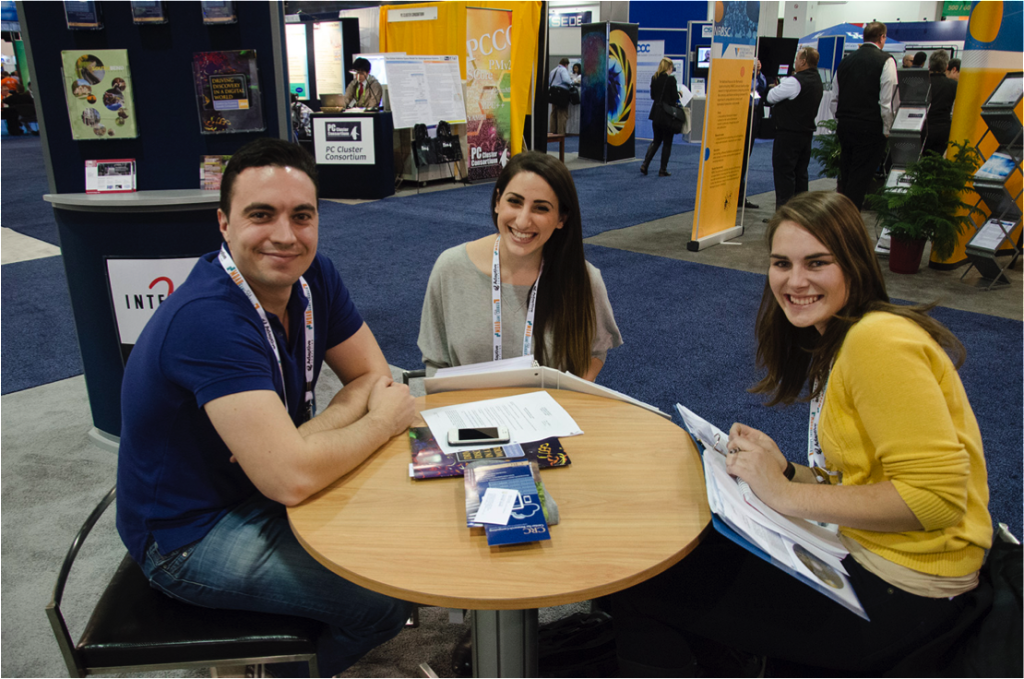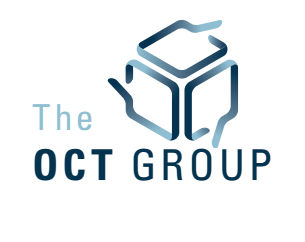Dynamic Innovation Diffusion Project (BP2)
November 10th, 2015Dynamic Innovation Diffusion Project
October 25, 2015
Picture this; it’s a typical Tuesday at Chapman University and The OCT Group is busy at work coding the most recent interviews from the Dynamic Innovation Diffusion Project. We have been carrying out a project titled ‘Computational Tools, Virtual Organizing, & Dynamic Innovation Diffusion’ since fall of 2013. As a team, we often refer to this project as the DID project, due to the focus on Dynamic Innovation Diffusion. The project is funded by the Virtual Organizations as Sociotechnical Systems division of the National Science Foundation. Dr. Kerk Kee serves as the Principle Investigator on this project, leading the team throughout the three- year grant.
Our research team recognizes the dynamic nature of cyberinfrastructure in which technologies and virtual organizations are evolving together. In an effort to explore this codependent relationship, our team examines the development, use, adoption, and diffusion stages of computational tools. We also consider aspects of the virtual organization and related communities.
Three main research questions guide the DID project. The first research question looks at the activities taking place during the development and use stages of technology, specifically computational tools.
The second research question inquires what objects, people, and interactions are present in tool implementation and virtual organizing. By virtual organizing we are referring to the collaboration of individuals of individuals who are geographically dispersed. In addition, we also look at the relationships between the objects, people, and interactions.
The third research question investigates the characteristics of successfully adopted tools, as well as the attributes of the virtual organizations developing and using these tools. Furthermore, we inquire about the macro conditions that may be affecting the spread of the tool and organization.
We answer these research questions through qualitative data analysis. In other words, we collect data by conducting interviews with stakeholders in the XSEDE community. These interviews are then transcribed and analyzed; through analysis, we are able to extract emergent themes and identify phenomena occurring in the e-science world.
Over the course of the first and second year of our three-year project we conducted interviews with 100 participants. These interviews gave us valuable insights, allowing us to construct preliminary findings that answer the research questions. With this preliminary findings outline, we moved into the next phase of our project: Members Check.
During Members Check interviews, our research team follows up with previous participants, or even contacts new ones. We share back preliminary findings and gauge interviewees’ reactions to the accuracy of our results, inviting them to offer adjustments. Members Check interviews allow our research team to validate the accuracy of our findings and provide us with an opportunity to share back common strategies and processes.
As we dive into our final year of the DID project, we are working hard to develop academic journal articles and practical strategies that can be implemented into virtual organizations. We are excited to continue analyzing our data and we can’t wait to see where this project takes us.



